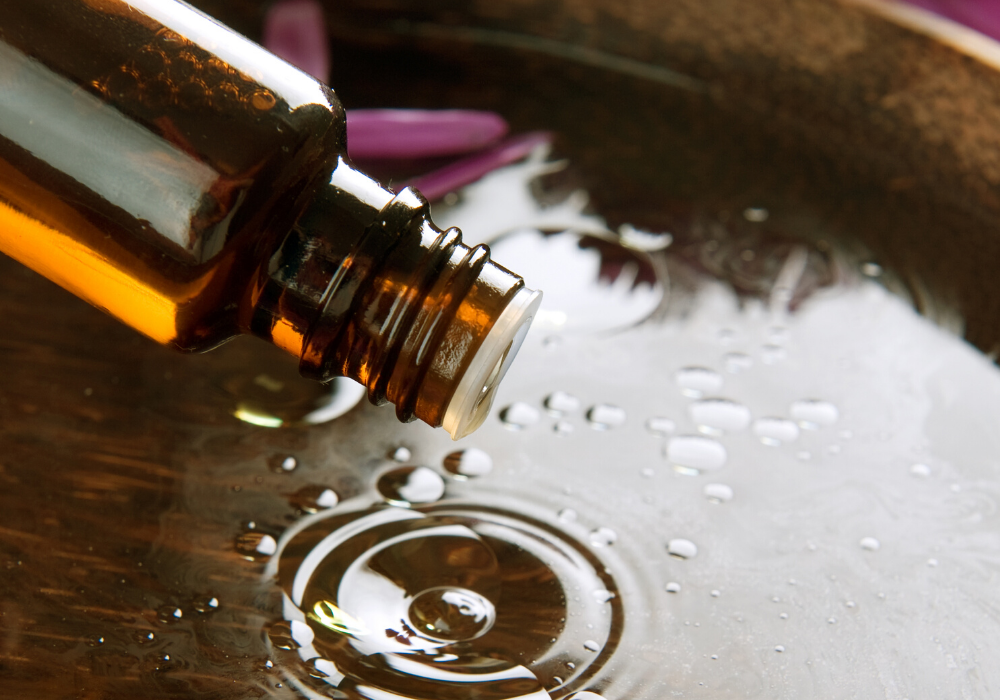Tea tree oil has antiseptic, antibacterial and antiviral effects and is therefore considered a true all-rounder and an ideal everyday companion. The evergreen tea tree originated in Australia and has been used by the Aborigines for hundreds of years. In this blog post, we will shed light on the effect of tea tree oil as well as suitable applications of the natural essential oil.
What are the effects of tea tree oil?
Tea tree oil has a high terpinene content, which according to research and studies is responsible for the cleansing healing effect. Tea tree oil is considered a true all-rounder in healing medicine: it is effective against pathogens, fights germs, kills fungi and is anti-inflammatory at the same time. The healing oil also has an effect on the psyche and thus ensures positive effects on well-being through strengthened self-confidence and powerful energy.
What is tea tree oil suitable for?
When used regularly, tea tree oil leads to a more beautiful skin appearance. The pressed oil helps against pimples, acne, warts and eczema, but also generally against itchy or dry skin. Tea tree oil is also used to treat fever blisters.
The aromatic oil should also be considered for dry or itchy scalps, as well as for head lice - because in these cases it proves its antiseptic effect.
Due to its fungicidal effect, tea tree oil is often used against nail fungus. But also gargled, as a home remedy against gingivitis, the oil can work wonders.
The psychological effect can be seen in aromatherapy. Studies prove the positive effect of tea tree oil on stress and anxiety.
Can tea tree oil be applied directly to the skin?
The answer is yes, but that is not all - the application possibilities are exceedingly diverse. Tea tree oil can be applied selectively to pimples with a cotton swab to benefit from the antibacterial and anti-inflammatory effect. The same applies for a supportive treatment of cold sores. For a less itchy and flaky scalp, 5-7 drops of the oil should be added to shampoo. The positive effects of tea tree oil can also be experienced inside the mouth and throat - here 3-5 drops of tea tree oil should be added to a glass of water and used to rinse or gargle. For a hygiene kick of the laundry, we recommend adding about 20 drops to the washing process.
Please remember to do an application test on the skin in advance to detect any allergic reactions. Generally, tea tree oil should not come into contact with eyes or mucous membranes. We also recommend only high quality pure organic tea tree essential oil, as other oils are often of low quality.
Do you have any further questions? Our pharmacists at Saint Charles Pharmacy Vienna and Berlin will be happy to advise you on site!







